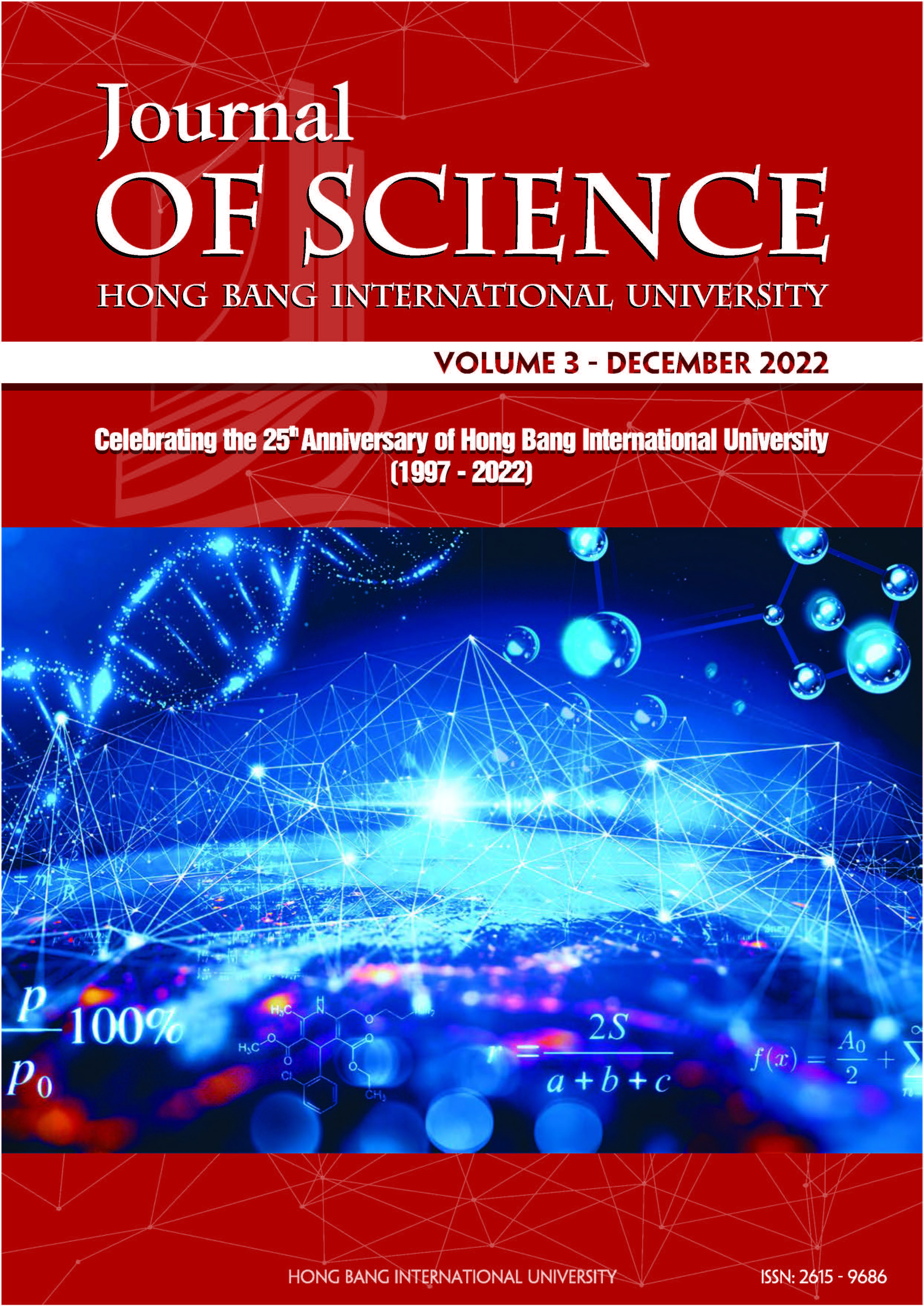Opportunities and challenges for Vietnam's social order in the digital economy
Các tác giả
Từ khóa:
bản sắc xã hội, nền kinh tế số Việt Nam, xã hội số Việt Nam, quyền công dân số, phát triển vốn con ngườiTóm tắt
The acceleration of information technology has oriented the development of a digital society where a new social order was formed based on data relationships. The research used a systematic literature review and qualitative research methods to explore the characteristics of new social order in an AI-enabled world. The research aims to identify the formation of new social order and its impacts on the socio-economic development in Vietnam. The results contributed to theories of transcendental phenomenology, social construction, and urbanism. The results identified intertwined opportunities and challenges for Vietnamese digital society, including social identity management, smart urban infrastructure management, and data colonialism. Recommendations suggested a transformative strategy based on a collaboration between government, education, and business to develop human capital concerning digital citizenship, culture reinforcement, and social support.
Abstract
The acceleration of information technology has oriented the development of a digital society where a new social order was formed based on data relationships. The research used a systematic literature review and qualitative research methods to explore the characteristics of new social order in an AI-enabled world. The research aims to identify the formation of new social order and its impacts on the socio-economic development in Vietnam. The results contributed to theories of transcendental phenomenology, social construction, and urbanism. The results identified intertwined opportunities and challenges for Vietnamese digital society, including social identity management, smart urban infrastructure management, and data colonialism. Recommendations suggested a transformative strategy based on a collaboration between government, education, and business to develop human capital concerning digital citizenship, culture reinforcement, and social support.
Tài liệu tham khảo
[1] L. Schlogl and A. Sumner, “Deindustrialization and Tertiarization in the Developing World,” in Disrupted Development and the Future of Inequality in the Age of Automation. Cham: Palgrave Pivot, 2020, pp. 21-33.
[2] M. Brundage, S. Avin, J. Clark…D. Amodei, “The malicious use of artificial intelligence: Forecasting, prevention, and mitigation,” arXiv preprint arXiv:1802.07228, 2018.
[3] J. Bryson and A. Winfield (2017), “Standardizing ethical design for artificial intelligence and autonomous systems”, Computer, vol. 50, no. 5, pp. 116-119, 2017.
[4] W. J. Orlikowski and C. S. Iacono, “The truth is not out there: An enacted view of the digital economy”, Understanding the digital economy: Data, tools, and research, pp. 352-380, 2000.
[5] H. H. Nguyen and H. V. Tran, “Digital society and society 5.0: Urgent issues for digital social transformation in Vietnam”, Masyarakat, Kebudayaan dan Politik, vol. 35, no. 1, pp. 78-92, 2022.
[6] T. H. Quang, “Xã hội và con người theo Peter Berger”, Tạp chí Khoa học xã hội TPHCM, vol. 3, pp. 151, 2011.
[7] M. Fourcade and F. Johns, “Loops, ladders and links: the recursivity of social and machine learning”, Theory and Society, Vol. 49, No. 5, pp. 803-832, 2020.
[8] T. H. Quang, “Xã hội học theo hướng hiện tượng học: từ Alfred Schütz đến Peter Berger và Thomas Luckmann”, Tạp chí Xã hội học, vol. 4, pp. 132, 2015.
[9] J. Burrell and M. Fourcade, “The society of algorithms”, Annual Review of Sociology, vol. 47, pp. 213-237, 2021.
[10] S. Graham and S. Marvin, Splintering urbanism: networked infrastructures, technological mobilities, and the urban condition. UK: Routledge, 2002.
[11] M. Fourcade and J. Gordon, “Learning like a state: Statecraft in the digital age”, Journal of Law and Political Economy, vol. 1, no. 1, 2020.
[12] S. Graham, “Bridging urban digital divides? Urban polarisation and information and communications technologies (ICTs)”, Urban studies, vol. 39, no. 1, pp. 33-56, 2002.
[13] N. Couldry and U. A. Mejias, “Data colonialism: Rethinking big data's relation to the contemporary subject”, Television & New Media, vol. 20, no. 4, pp. 336-349, 2019.
[14] M. Fourcade and D. N. Kluttz, “A Maussian bargain: Accumulation by gift in the digital economy”, Big Data & Society, vol. 7, no. 1, 2053951719897092, 2020.
[15] Y. Xiao and M. Watson, “Guidance on conducting a systematic literature review”, Journal of Planning Education and Research, vol. 39, no. 1, pp. 93-112, 2019.
[16] We Are Social and HootSuite, “Digital 2021: Global Overview Report”, January 27, 2021. [Online]. Available: https://datareportal.com /reports/digital-2021-global-overview-report. [Accessed May 8, 2022].
[17] Vietnam Industry Summit 4.0, 2021. [Online]. Available: https://i40summit.vn/2021/en/documents-reports/. [Accessed May 8, 2022].
[18] Freedom House, “Freedom in the World - Vietnam Country Report”, 2022. [Online]. Available: https://freedomhouse.org/country /vietnam/freedom-world/2022. [Accessed May 8, 2022].
[19] J. Yang, M. G. Wai-Poi, A. T. B Tran…L. C. Hunter, “From the Last Mile to the Next Mile-Vietnam Poverty and Equity Assessment 2022: Overview”, 2022.
[20] S. Graham, Disrupted cities. When Infrastructure Fails. UK: Routledge, 2010.
[21] S. Lange, J. Pohl and T. Santarius, “Digitalization and energy consumption. Does ICT reduce energy demand?”, Ecological Economics, vol. 176, 106760, 2020.
Tải xuống
Tải xuống: 103







